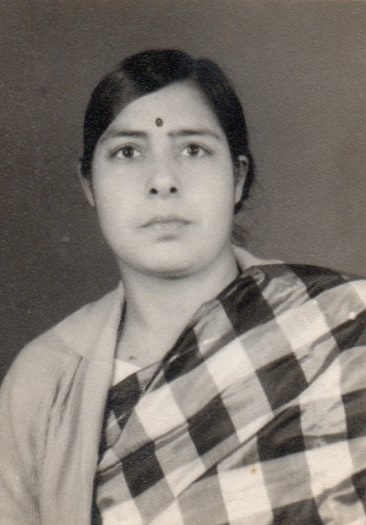Jan 08, 2026
Jan 08, 2026
This is a translation of the Original in Hindi written by Dr. Aruna Tyagi
Continued from Previous Page
 Quoting the plausible reasons for the problem of increasing unemployment in the country, Acharya Vinoba Bhave says – “The language that only creates a desire for jobs in our hearts; a language that creates hatred towards labour and agriculture; why is there still so much attachment and affection towards such a language even after Independence?” Based upon the arguments, beliefs and opinions of Rabindra Nath Tagore, Mahatma Gandhi, University Education Commission, National Unity Council, Emotional Unity Committee and Kothari Commission, Dr. Trigun Sen has appreciated the decision of the Indian Government to allow the Indian languages as the medium of Instruction in the field of Education. According to Swami Ramteerth, Hindi shall itself prosper in the process of flourishng the regional languages. We should not allow any opposition to deviate us from our National Faith. Acharya Tandon says – “Leaders who enjoy diversions and amusements in politics shall come and go, but Hindi, the symbol of Indian Culture – Hindi, the source of National Unity – shall remain till eternity.”
Quoting the plausible reasons for the problem of increasing unemployment in the country, Acharya Vinoba Bhave says – “The language that only creates a desire for jobs in our hearts; a language that creates hatred towards labour and agriculture; why is there still so much attachment and affection towards such a language even after Independence?” Based upon the arguments, beliefs and opinions of Rabindra Nath Tagore, Mahatma Gandhi, University Education Commission, National Unity Council, Emotional Unity Committee and Kothari Commission, Dr. Trigun Sen has appreciated the decision of the Indian Government to allow the Indian languages as the medium of Instruction in the field of Education. According to Swami Ramteerth, Hindi shall itself prosper in the process of flourishng the regional languages. We should not allow any opposition to deviate us from our National Faith. Acharya Tandon says – “Leaders who enjoy diversions and amusements in politics shall come and go, but Hindi, the symbol of Indian Culture – Hindi, the source of National Unity – shall remain till eternity.”
Hindi is not only a language, but it is also the beautiful dream of the wisdom, the prestige and the unity of the country. It was the dream of a Gujarati, a Marathi and a Bengali. It is the need of the hour and also the exigency of the National Unity that we should learn the Mother Language, the National Language and the International Language, so that we can maintain a mutual fraternity and brotherhood.
Some people accept the essence of this trilingual-formula, but in practice, they are purposely complicating the issue of the Language-problem by highlighting the lack of text books, teachers etc and pronouncing the impracticality and the impossibility of making the regional languages and Hindi as the medium of Education. Hindi is an extremely simple language. It is increasing its word-treasure by accepting words from all other Indian languages and is gradually reaching every corner of India. Hindi presents an enormous possible usage of words; it can present atleast five synonyms for words from French, Russian, German, English etc. In Hindi, more than 200 words can be created from each ‘Dhatu’(base). Hindi Grammar can be learnt in twelve days. The capacity of printing and publishing of Hindi language is unparalleled. The words of our language are spread from Romania to Thailand. They travelled to Mongolia along with Kashyap and Kumarjit; they were also incorporated in the Japanese vocabulary; and they are secured in the literary works of the Middle Asia. Hindi occupies third position in terms of the most popular languages spoken all over the world. We have a spiritual relation with Hindi. In the present times, as we face the language-problem, it is the moral responsibility of the deft and skilful writers and authors to create such high quality literature which shall elevate our hearts in the same way as Shri Krishna elevated Arjuna’s heart.
The basis of National Unity can be an Indian language only. In the words of Pandit Nehru – “In the form of a National Language, there can be no difference of opinion that Hindi shall prove to be extremely useful for the nation.” If today we hesitate in accepting and using the National Language ‘Hindi’ in the state functioning or if we support the usage of English language in non-Hindi states, then it shall prove to be a betrayal – an ingratitude and thanklessness towards the great virtuous and righteous men such as Swami Dayanand, Tilak, Sen and the Father of The Nation. Hence, all of us should take a pledge in propagating and popularizing Hindi and should take pride in devoting our lives in protecting the honour and respect of our Mother India. ‘Hindi’ represents the most affectionate form of Mother India and its love, affection and fondness are fortunate blessings for us.
Concluded
09-Jan-2021
More by : Dr. Giti Tyagi